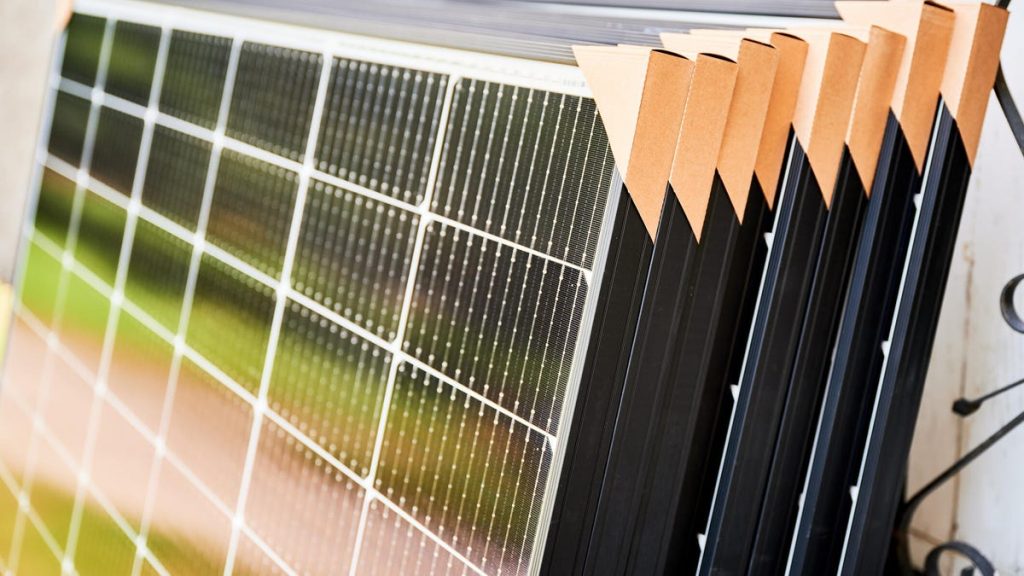Investing in solar panels offers compelling advantages, including increased home value, reduced energy bills, and a positive environmental impact. With rising energy costs a major concern for many homeowners, solar power presents a viable solution. However, the significant financial investment requires careful consideration and thorough research. Choosing the right solar installer is paramount to a successful and cost-effective solar transition. Engaging prospective installers in a comprehensive Q&A session is essential to making an informed decision.
The first step involves assessing the installer’s credibility and expertise. Inquiries about the company’s history, certifications, and adherence to industry standards are crucial. Look for installers with a proven track record of at least three years in business and certifications from reputable organizations like the North American Board of Certified Energy Practitioners (NABCEP). Additional certifications, such as B Corp certification, signal a commitment to ethical labor practices and environmental responsibility, further enhancing the installer’s credibility. Understanding state-specific solar regulations and available incentives is another critical aspect of the decision-making process. A knowledgeable installer should be well-versed in the local regulatory landscape and able to guide you through available federal, state, and local incentives, maximizing your cost savings.
Equipment selection and installation practices are also key areas to explore. Inquire about the types of equipment the installer utilizes, their rationale behind those choices, and the ethical sourcing of materials. A reputable installer should offer a range of equipment options to suit individual roof configurations and energy needs. Furthermore, transparency regarding the installation process is essential. Confirm whether the company itself will perform the installation or subcontract the work, as subcontracting can sometimes lead to complications. Establish a clear project timeline with the installer, ensuring it aligns with your expectations.
Maintenance, warranties, and financing options require careful scrutiny. Discuss available maintenance packages and warranties, ideally covering the entire lifespan of the system, typically around 25 years. If financing is necessary, thoroughly understand the terms, including any associated fees and the identity of the lending institution. Transparency regarding the cost of the system, expressed in dollars per watt, is essential for accurate comparison between installers. A lower cost per watt generally indicates a better value.
Understanding the projected performance of the solar system is crucial. The installer should provide a clear estimate of how much of your household’s energy consumption the system will offset, taking into account factors like weather, shade, roof size, and energy usage patterns. This information should be clearly outlined in the proposal. Moreover, inquire about the basis of the lifetime savings estimate, ensuring the installer uses a reasonable utility escalator to project future energy cost increases. Finally, discuss the process of selling excess solar energy back to the grid, including net metering policies and the involvement of brokers or aggregators. A reputable installer should be able to guide you through these processes and ensure a smooth transition to solar power.
By posing these comprehensive questions to potential solar installers, you can gather the necessary information to make an informed decision, ensuring a smooth installation process and maximizing the long-term benefits of your solar investment. Remember that choosing the right installer is not just about the initial cost but also about the long-term performance, reliability, and peace of mind associated with your solar energy system. A thorough vetting process will pay dividends over the lifespan of your solar panels. Don’t hesitate to seek additional information from independent sources like Solar United Neighbors, a non-profit organization dedicated to helping consumers navigate the solar landscape.
Investing in solar panels is a significant decision with long-term implications. By conducting thorough research, asking the right questions, and carefully evaluating potential installers, you can make an informed choice that aligns with your financial and environmental goals. Solar energy offers a compelling path towards energy independence, reduced utility bills, and a more sustainable future. With careful planning and execution, the transition to solar power can be a rewarding and beneficial experience.
The due diligence involved in selecting a solar installer should not be underestimated. It’s an investment that requires careful planning and consideration. By asking the right questions, you empower yourself to make an informed decision that will benefit you for years to come. The transition to solar power is a significant step towards a more sustainable future, and choosing the right installer is a crucial element in ensuring a smooth and successful transition.
A comprehensive understanding of the solar installation process, including the technical aspects, financial implications, and regulatory landscape, is essential for making a well-informed decision. By actively engaging with potential installers, you can gain valuable insights and identify the best partner for your solar journey. The questions outlined above provide a framework for a productive conversation, enabling you to assess the installer’s expertise, credibility, and commitment to customer satisfaction.
The benefits of solar energy extend beyond individual households, contributing to a cleaner and more sustainable energy future for all. By embracing solar power, you not only reduce your reliance on fossil fuels but also become part of a growing movement towards a more environmentally responsible energy landscape. Choosing the right installer is the first step in this journey, ensuring a seamless and rewarding experience.
Finally, remember that the solar industry is constantly evolving, with new technologies and financing options emerging regularly. Stay informed about the latest developments and seek advice from independent experts to ensure you are making the best possible decision for your specific circumstances. The transition to solar power is an investment in your future, and with careful planning and execution, it can provide significant financial and environmental benefits for years to come.

